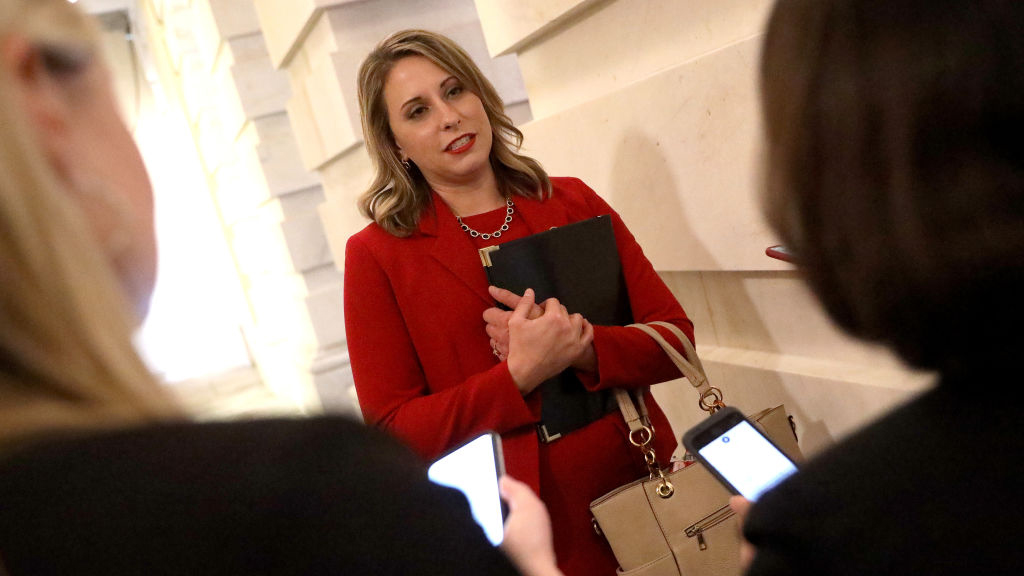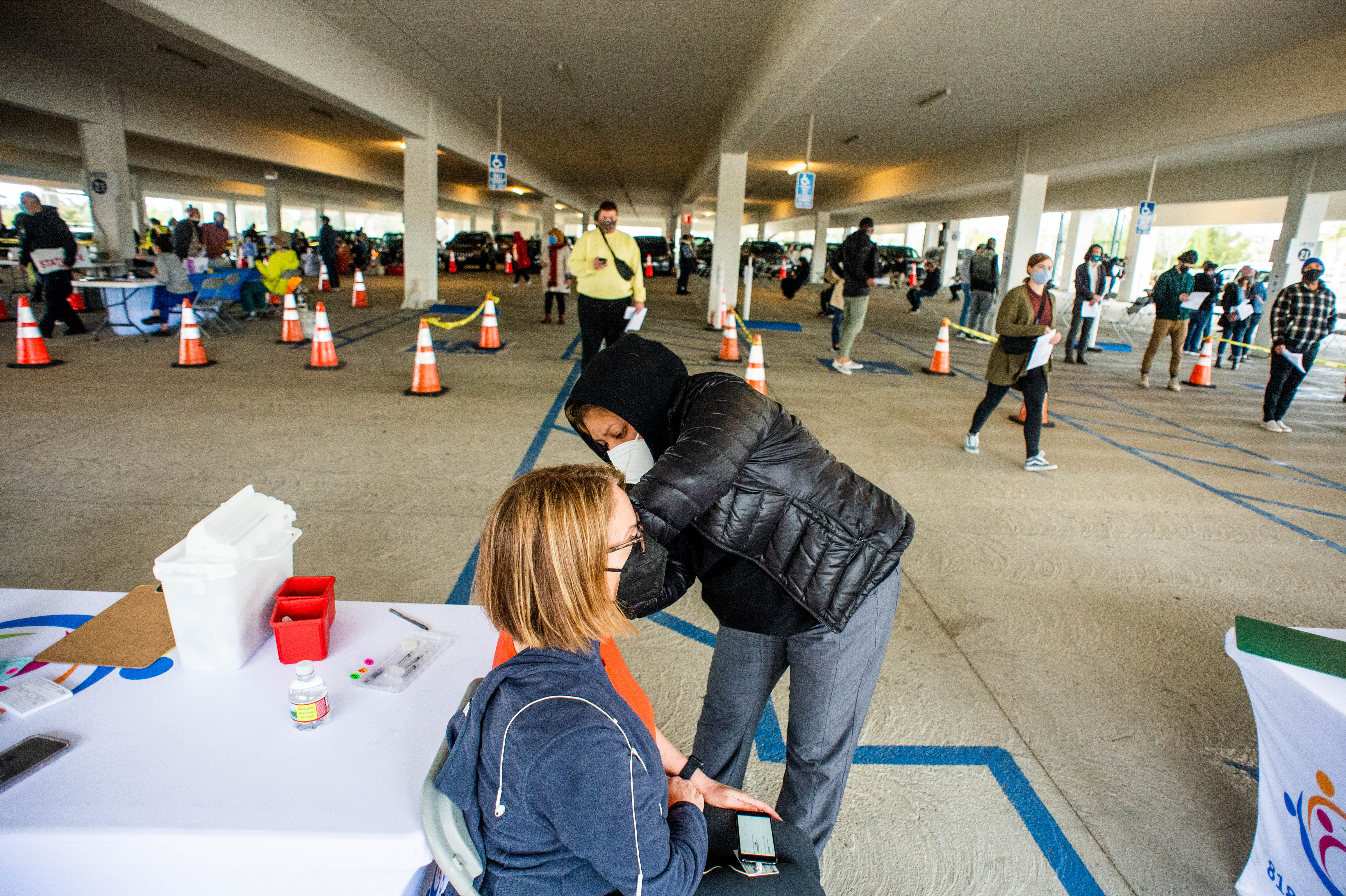The pandemic has caused a rise in all kinds of emotional stress, and it has also triggered a spike in eating disorders -- with more people looking for ways to cope with isolation.
“I saw myself slipping, and I wanted to get help, so I started calling treatment centers," Rachael Farrokh, an eating disorder patient, shared.
Farrokh, a 43-year-old woman from Orange County, has been struggling with an eating disorder for 17 years. After suffering abuse in her late 20s, she began starving herself as a way to regain control in her life.
NBCLA first spoke with Farrokh in 2015, when she was raising money for treatment. She made progress over the years, but when the pandemic hit, she returned to unhealthy habits.
Get top local stories in Southern California delivered to you every morning. Sign up for NBC LA's News Headlines newsletter.
“Especially during the pandemic, since we're all out of control, feelings we go to -- or I tend to go to -- are food: what I can control."
Farrokh is one of nearly 30 million Americans who suffer from an eating disorder. While most are women, about a third of those are men.
The National Eating Disorders Association says during the pandemic they’ve seen a 41% increase in calls to their helpline from people who are either starving themselves or binge eating and purging stockpiled food.
Some of the patients say food scarcity at the start of the pandemic was particularly triggering.
"This was another stressor that made things challenging for people trying to navigate food-coping skills and a good relationship with their body and with food," Lauren Smolar, director of the National Eating Disorders Association, said.
Many treatment centers like Keystone in Los Angeles expanded their online support services during the lockdown.
“In the beginning, there was like the 'quarantine 20,' and they were saying to lose weight, and all that pressure doesn’t help when someone is struggling with an eating disorder," Tamara Baghdassarian, founder Keystone Treatment Center, said.
Farrokh is now getting the support she needs through outpatient treatment and online support groups.
“It’s not something you should ride solo on. It's something you need support and need that community for," she said.
Experts say if you or someone you know has developed an unhealthy relationship to food, you can call the national eating disorders helpline at 1-800-931-2237.



